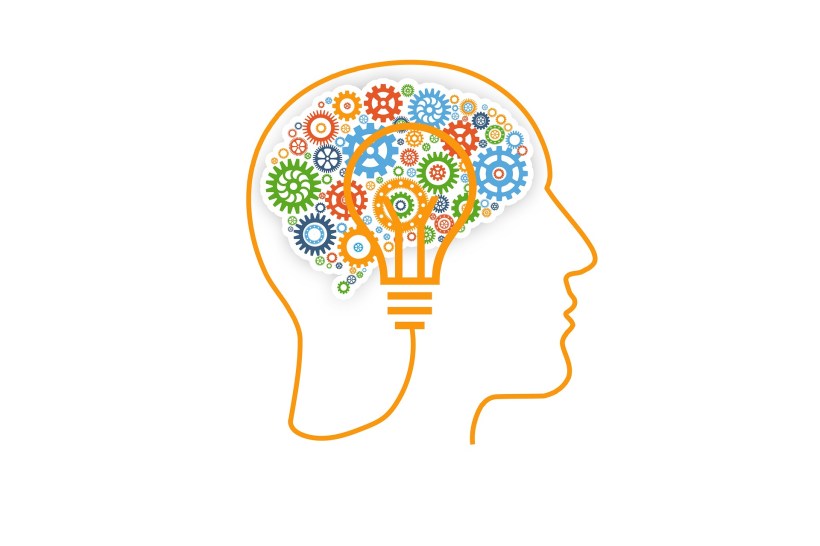I have been doing a lot of reading on the web, read published academic articles, and having consultation with my psychologist colleagues about how many people see therapy as a place to fix a problem, or something is wrong with them if they come in. That is not true! First off the question should not be, “So… what is wrong with you?” THE RIGHT QUESTION is, “So… tell me what happened to you?”
Many* (not all) of us got into this line of work to help people THRIVE, live their best life, and enhance and accentuate their positivity, light, and God-given talents. If you have a good marriage but you want a great one, come see me! If your marriage or personal mental health is on the verge of crumbling come see me! But please do not think you are labeled crazy if you come to therapy or walk into my office. Fun Fact: In NY people think you are WEIRD if you DON’T go to a “Shrink.” It is true, no joke.
So it seems people may just not know that some psychologists can be like coaches helping an athlete be a better athlete. Or how to find us. Sure, I am equipped to handle psychotic break downs, suicidal crises, and strange/bizarre behaviors if needed; however, my bread and butter lies in helping people THRIVE. I had a recent patient come into therapy and asked me, “Doc, can you help me just get back to normal with a quint little job (that’s all I want)?” I replied, “Sure, but can I also help you get all the way to happy and thriving? Want for us to strive for that instead?” I do not just want to stop there, to where that person can survive and get by, I want to see him/her self-actualize their potential and FLY! God/The Universe gave each of us a purpose and talents. It is my personal belief that the meaning of life is to figure out how to best use our talents to heal or help this world, whether it be by being a GOOD president, doing the math/physics for air space launches, being an amazing parent, painting your best painting, writing your best song, or giving people their best hair cut of their life.
In my therapy, I want to figure out where do you want to go and let’s get you there together, or at least go down trying! You are not alone. And if you want support it is out there. My Best advice is never stay with a therapist that does not feel right to you. “Therapists are like shoes. If they don’t fit right the experience can hurt you, you can end up with more problems because of it, or you can decide to never look for a new pair of shoes ever again.” Be courageous and dare to ask for help if you need it. Find a good one (that uses evidence/research-based treatment) that truly gets you and that you feel cared by. It really helps to have an outside perspective and 5-6 years of graduate school training and teachings to help you with whatever life throws at you. You are NEVER alone. And nothing is EVER bad forever. Love your life and yourself (body, mind, feelings, & spirit) . You are the only one you have for certain for the rest of your life. Take good care of you.



 It is quite frustrating that many people working in the field as mental health workers are still unsure or unaware of the research-based protocols and treatments out there that have been found to be successful in helping severe PTSD. Here is an article that can explain the importance of treating PTSD and trauma with exposure treatments. Prolonged Exposure therapy has been shown to be extremely effective in working with veterans and still many practitioners do not use it or know about it. Please spread the word if you know someone who is getting therapy now for their PTSD and is a veteran. Clients should be empowered to feel free to ask their therapist if they are doing evidence-based work with them and ask if they are doing PET or not.
It is quite frustrating that many people working in the field as mental health workers are still unsure or unaware of the research-based protocols and treatments out there that have been found to be successful in helping severe PTSD. Here is an article that can explain the importance of treating PTSD and trauma with exposure treatments. Prolonged Exposure therapy has been shown to be extremely effective in working with veterans and still many practitioners do not use it or know about it. Please spread the word if you know someone who is getting therapy now for their PTSD and is a veteran. Clients should be empowered to feel free to ask their therapist if they are doing evidence-based work with them and ask if they are doing PET or not.

 What do you want your tombstone to read? This question is often used in Acceptance and Commitment Therapy (ACT) to help people figure out what is truly important to them. So how do You want to be known and remembered? For me, its about being hard-working, caring, invigorating, resilient, creative, and competent. I aspire to make at the very least one person’s life more comfortable per year. I appreciate the chance I have to make a person breathe a little easier every day when I go to work. This makes me wake up with a smile pressed on my face. If a person is experiencing depression, especially an existential struggle to find meaning, it could be very helpful to try and understand what your values are and then trying to live in line with those values.
What do you want your tombstone to read? This question is often used in Acceptance and Commitment Therapy (ACT) to help people figure out what is truly important to them. So how do You want to be known and remembered? For me, its about being hard-working, caring, invigorating, resilient, creative, and competent. I aspire to make at the very least one person’s life more comfortable per year. I appreciate the chance I have to make a person breathe a little easier every day when I go to work. This makes me wake up with a smile pressed on my face. If a person is experiencing depression, especially an existential struggle to find meaning, it could be very helpful to try and understand what your values are and then trying to live in line with those values.